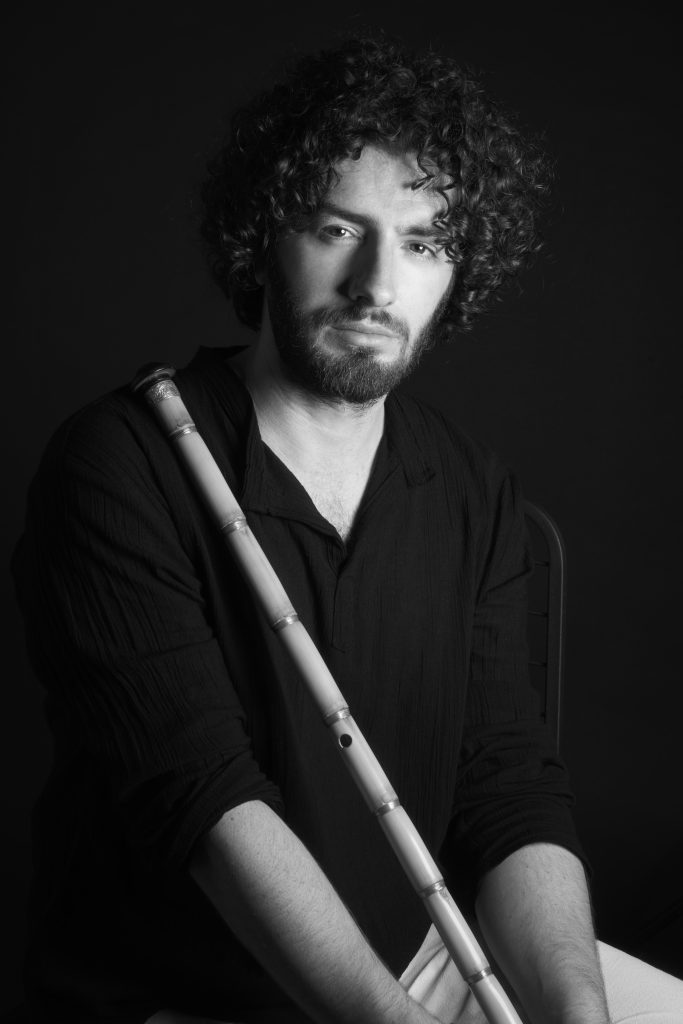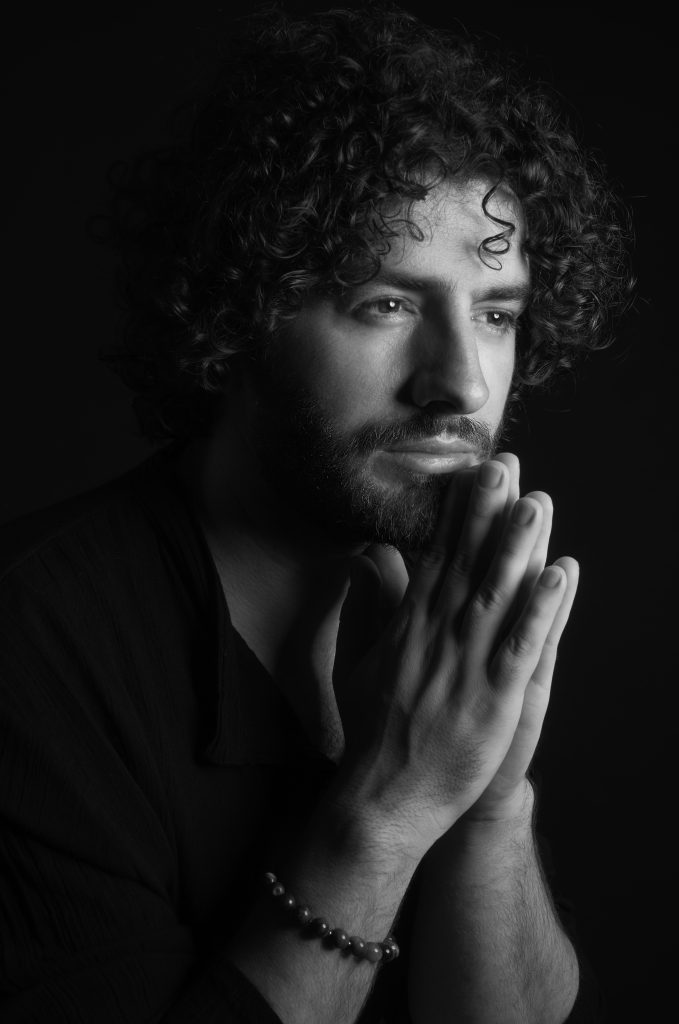The Journey of Love in Sufism: A Deep Dive into the Heart
For centuries, Sufism has served as a mystical path guiding people in purifying their souls and achieving inner peace. At the heart of this mystical journey lies ‘love’. In Sufi tradition, love is much more than just an emotion or a bond between people; it is the essence of existence and the foundation of the human connection with the divine. In this article, we will explore the understanding of love in Sufism and how this mystical path reaches the depths of the heart.

1. The Definition of Love in Sufism:
In Sufism, love signifies a universal consciousness and spiritual awakening. For instance, the Sufi thinker Ibn Arabi describes love as “the heart of existence.” According to him, love is a cosmic energy that resides at the core of everything and connects all creation. In Ibn Arabi’s philosophy, relinquishing one’s ego and surrendering to this universal love is the key to true knowledge and peace.
2. Love in Sufi Poetry:
Jalaluddin Rumi’s poem “The Dance of Love” perfectly reflects the power of love in the Sufi understanding. Rumi portrays love as a force that liberates the human soul from its limitations and invites it to dance in a sea of divine love. The poem emphasizes the importance of transcending individual love to attain an awareness of universal and divine love.

3. Love and Union with the Divine:
For those following the Sufi path, love is central to the union with the divine. This concept is embodied in Mansur Al-Hallaj’s statement, “I am the Truth.” This means that Mansur saw himself as a complete part of the divine existence, transcending the limits of his individual self. For Hallaj, love meant transcending one’s ego boundaries to achieve complete union with the divine.
In Sufism, love is not just an emotion but also a journey. This journey takes us from our inner world to a deeper understanding of universal consciousness and existence. The concept of love in the Sufi tradition carries an inspiring message not only for Sufi thinkers and poets but for all humanity: Love is the key not only to our connections with each other but also to our bond with the entire universe.





